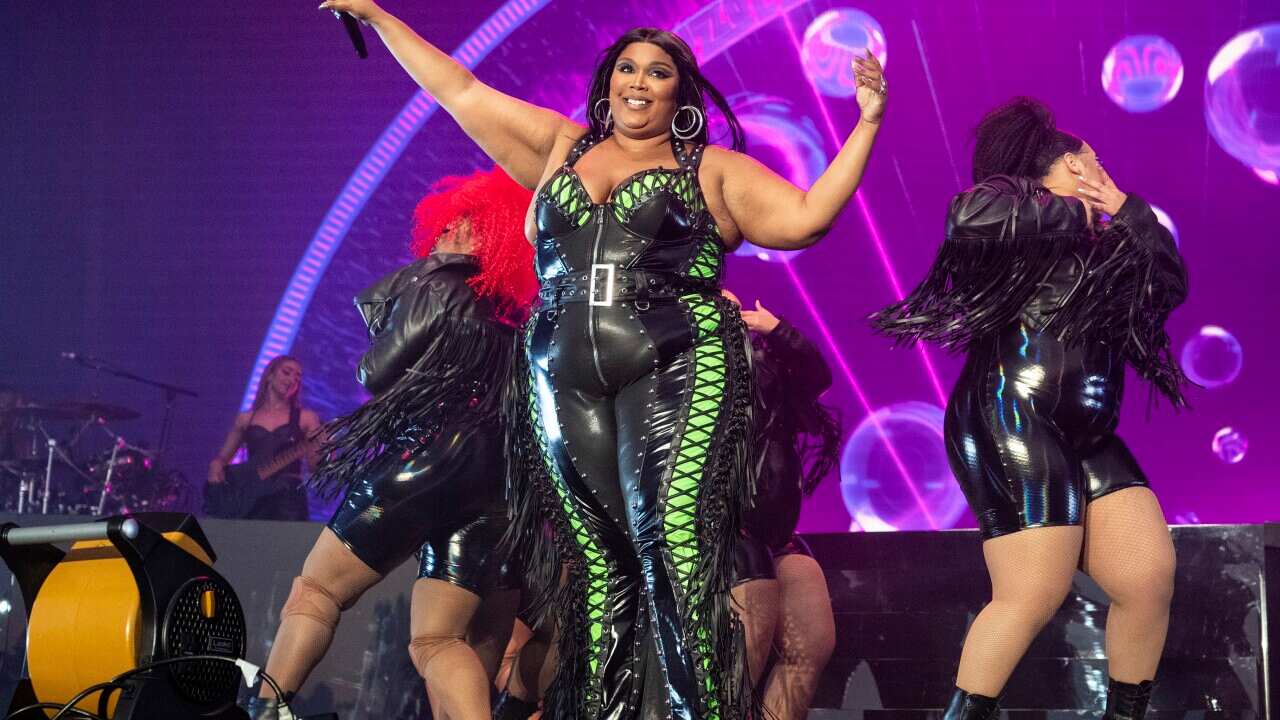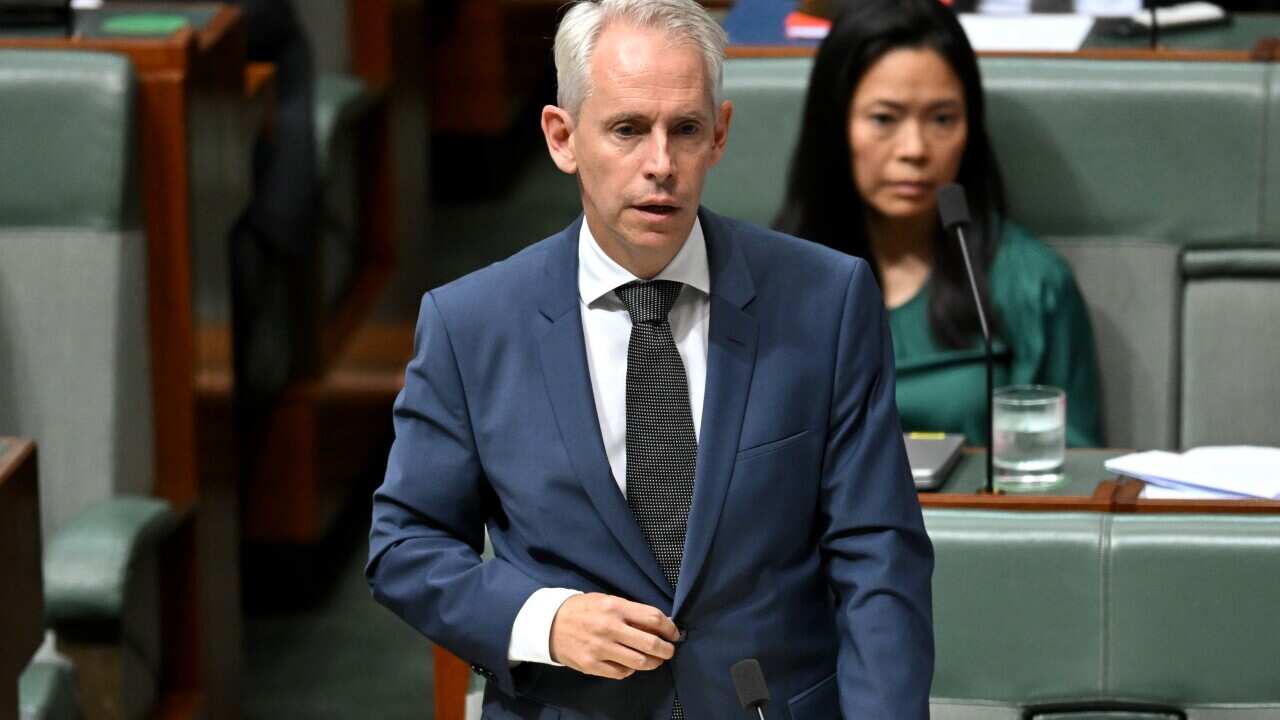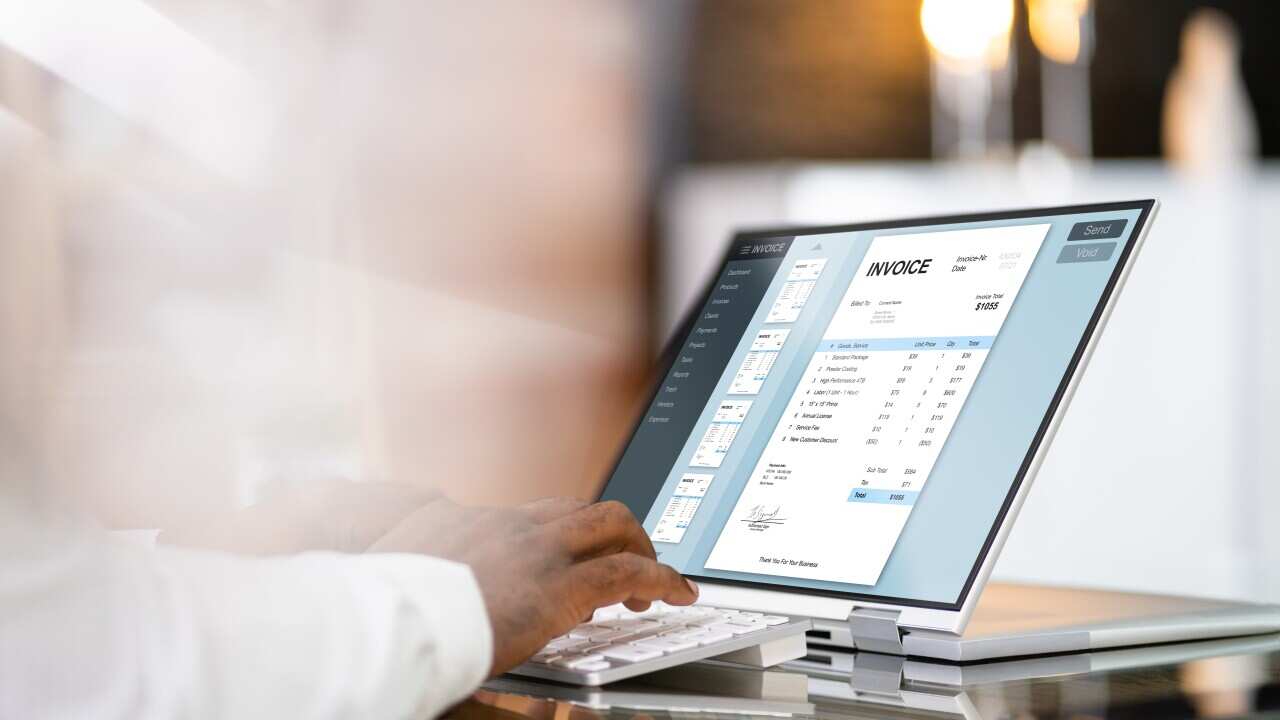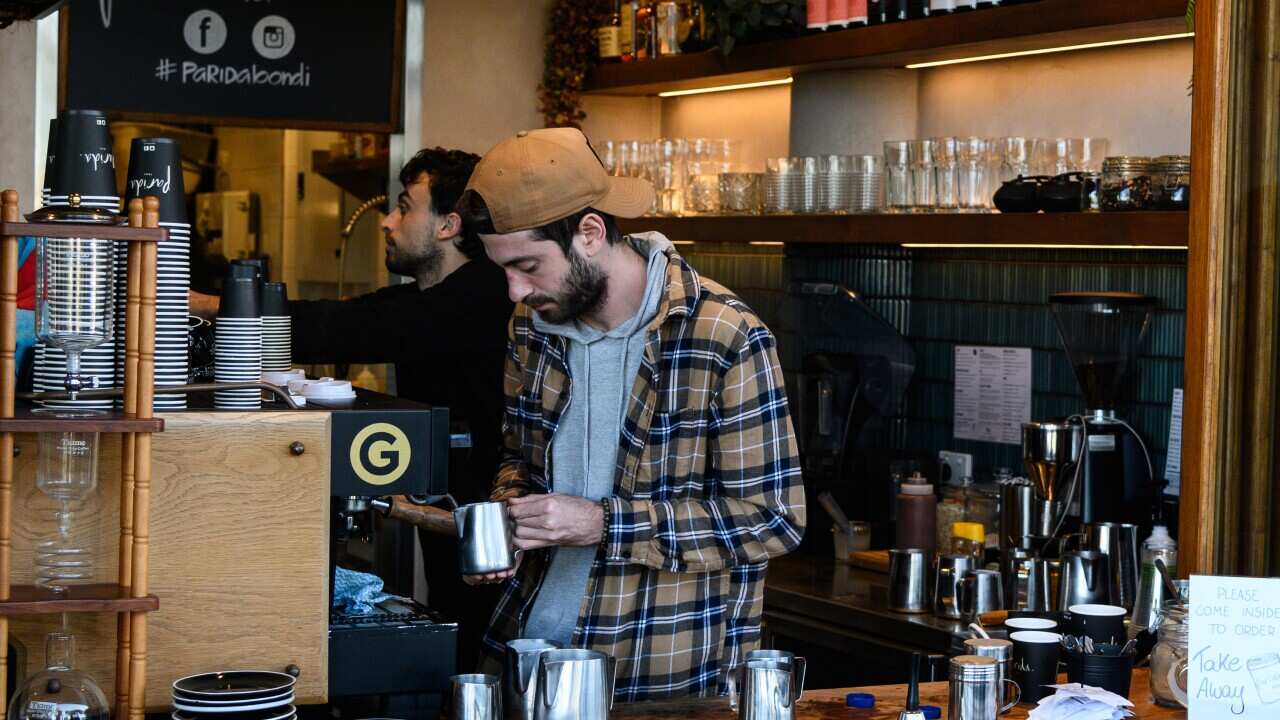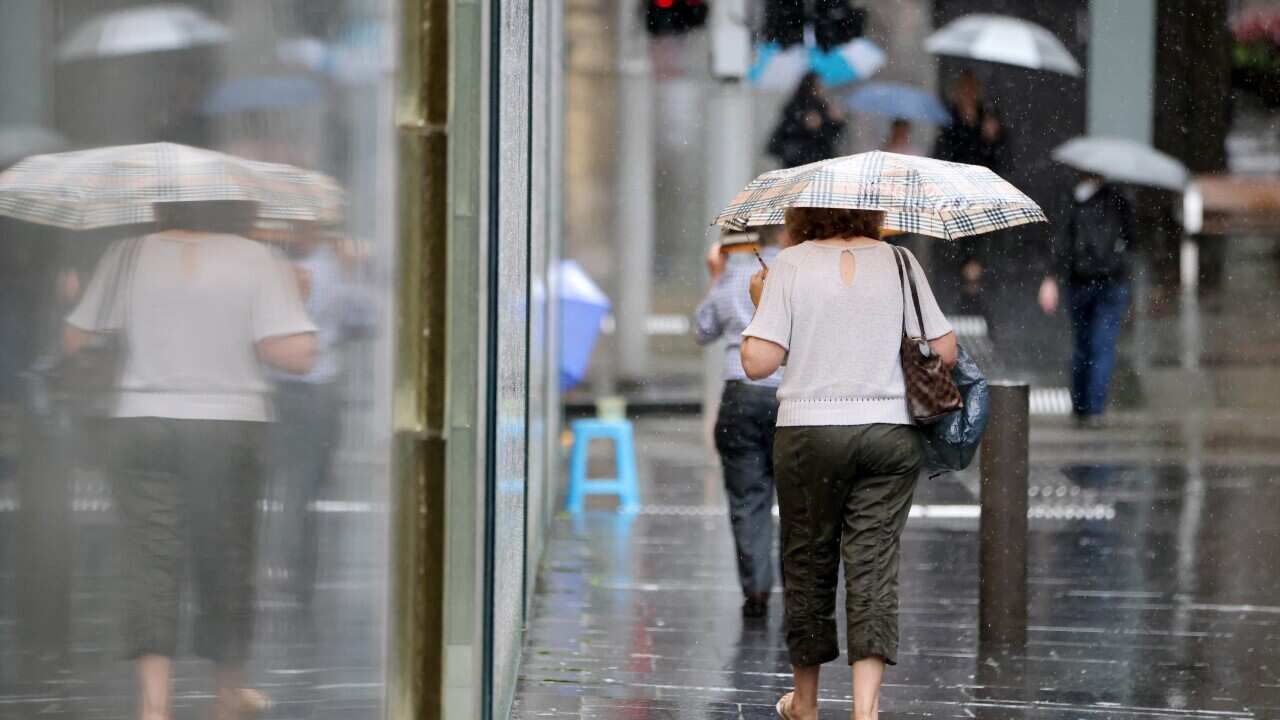President Jokowi will likely delegate foreign policy decisions to more advisers, resulting in less cohesive guidance and potentially render the country less able to effectively approach problems that may occur in the region. A government with a majority that does not support him will continue to hold him back, says Aaron Connelly, Lowy Institute Research Fellow of the East Asia Program.
Aaron Connelly speaks with SBS producer Andrea Booth about Indonesia and the future of its relationship with Australia and ASEAN under the Jokowi Government.
Listen: Lowy Institute Research Fellow Aaron Connelly
How do you expect the construction of this particular Government of the Republic of Indonesia will impact upon the future of Indonesia and its relationship with the greater region, particularly the Association of Southeast Asian Nations (ASEAN)?
We will see President Jokowi spend a lot less time on foreign policy. I expect him to delegate decisions to his advisers, to his foreign minister, to military personnel, and so we can see a lack of clarity on specific issues on Indonesian foreign policy because there may be more disagreement between advisers to the President on those issues.
That could lead to greater institutional competition in Indonesia, and if you have a foreign ministry and a military that do not agree, then Indonesia’s position on regional disputes will become less clear, and that is a problem because Indonesia is a leader in ASEAN. If Indonesia’s position is unclear, that will make it more difficult to resolve disputes.
Now that the Jokowi Government is in place and is expected to put larger emphasis on domestic policy, how will Indonesia’s role play out in the creation of the upcoming 2015 ASEAN Community, and what will the impact of this be on Australia?
This is a really big issue and it is only 14 months away that Indonesia is supposed to enter the ASEAN Economic Community. There is a lot of consternation in Jakarta about what this means for the Indonesian economy. A lot of Indonesian businessmen want to put protections in place to prevent ASEAN economies from competing in Indonesia, particularly for services, and this will affect Australia as well.
Right now Indonesia is moving in a protectionist direction in a very slow, gradual way – but if it moves in a sharply protectionist direction, that will really thwart Australian and Jokowi’s desires to build stronger trade ties between the two countries.
Critics are saying that former Indonesian president Megawati Sukarnoputri influenced upon President Jokowi’s Cabinet composition. What will be the consequence of such influence?
It is clear based on the Cabinet lineup that was announced that Megawati has had outsized influence on Jokowi’s Cabinet, however, it is important to think about the type of influence that Megawati wants. Megawati did not care very much for policy questions when she was president so it is unlikely she will care a great deal for policy in her current role.
We can think about Megawati in the same way that Sonia Gandhi was thought of when her party was in power in India. Megawati wants to place people from her patronage network in key positions but it is not so much the policy that she cares about.
President Jokowi has unveiled a Cabinet that consists of the first female foreign minister of Indonesia, Ibu Retno Marsudi, the former Indonesia ambassador to the Netherlands. What can Australia expect from Ibu Retno as Indonesia’s foreign minister?
Ibu Retno was posted to Australia in the early 1990s as an information officer at the Indonesian Embassy in Canberra. There has been a lot of attention given in the Indonesian press to an interview she did with an Indonesian women’s magazine in recent years in which she talked about her time here in Australia, focusing on the harassment that she suffered following the 1991 Santa Cruz massacre in East Timor, which was directed at Indonesian diplomats in Canberra at the time.
Ibu Retno was posted to Australia in the early 1990s as an information officer at the Indonesian Embassy in Canberra. There has been a lot of attention given in the Indonesian press to an interview she did with an Indonesian women’s magazine in recent years in which she talked about her time here in Australia, focusing on the harassment that she suffered following the 1991 Santa Cruz massacre in East Timor, which was directed at Indonesian diplomats in Canberra at the time.
However, there is no indication that that has affected her thinking on the relationship. In fact, people who served with her at the time said that she did not have really strong favorable feelings towards Australia but she does not have strongly negative feelings towards this country.
IbuRetno prefers rhetoric that is not aligned, however she will be expected to skew lightly towards the West in terms of her policy just as her predecessor, Marty Natalegawa did. Ibu Retno is primarily a Europe specialist, which is an interesting choice in the Indonesian Foreign Ministry, where many other foreign ministries in Asia are choosing regional specialists. Much of her experience, as an ambassador to two countries, comes from Europe.
In your latest , you mentioned that President Jokowi’s focus on domestic policy could potentially enhance trade and investment between Australia and Indonesia, given that this would provide the opportunity for Indonesia to focus on anti-corruption initiatives and strengthen its infrastructure.
If President Jokowi can achieve the reforms that he sets out to achieve and that he appears to want to put most of his energy behind, I think that is tremendous opportunity in the medium term for countries, such as Australia, to conduct more trade with Indonesia, because you would have a more investor-friendly climate. An Indonesia that is less corrupt, has a more reliable rule of law and has better infrastructure – that would be a much easier country to invest in, and that would promote trade and investment ties between our two countries.
Will these intentions have the opportunity to be realised in light of the resistance that he faces from the majority of parties within his House of Representatives, otherwise known as the Koalisi Merah Putih (the Red-and-White Coalition) led by opposition leader Prabowo Subianto?
It is unlikely that he is going to be able to achieve all of those reforms. He does not have a majority in the legislature, he is going to face tremendous opposition from the coalition of his erstwhile opponent, Prabowo, his folks have said that they are going to try to press to their advantage in the legislature as much as possible. So it is going to be difficult for him to get things done, which again means it is going to be difficult to improve trade ties between Australia and Indonesia.
There are different views among Indonesia analysts on this. Some take the view that President Jokowi will be able to use the Corruption Eradication Commission (KPK) to go after some of his political opponents. I do not know that that is a good development in the long term for Indonesian institutions. Others say that he will be able to use constituency funds to try to pull individual members from the coalition. I think both of those options are unlikely. I think the President understands the danger of politicizing corruption eradication efforts.
Institutionally, it is very difficult to pick off individual members of opposing parties because parties have such strong control in the Indonesian legislature over their individual members, so it is going to be very difficult for him to resist Prabowo’s efforts to thwart his government.
What hope does President Jokowi have in the face of this obstruction?
The only opportunity that he has to attract a majority and to get some things done will come next year when party congresses come up, and if he is able to put in strongly loyal leadership in those parties, particularly the Golkar Party but also the United Development Party (PPP), one of the Islamic parties that is currently going through a leadership crisis. If he is able to put in strongly loyal leadership in those parties he might have an easier time (carrying out his policies).
The long caveat is, the Indonesian Democratic Party of Struggle (PDI-P), his own party, is not solidly behind him and you will have seen that he named Puan Maharani, Megawati’s daughter, the coordinating minister for human development and culture. That takes Puan out of the parliament, and that suggests she might not be as able to thwart him in the parliament as she would have been, but it is still an indication of the factional nature of PDI-P politics and the difficulty he will have in getting most of his party behind his reforms.
And can you tell me more about President Jowoki’s intended manoeuvre to raise fuel prices in Indonesia, known as a politically challenging move to undertake in Indonesia?
Over the past 13 years this has become the number one populist issue in Indonesia, and when his predecessors have raised fuel prices we have seen large-scale protests in the streets against these initiatives. Basically, Indonesians do not trust their government to spend the savings from cutting back on fuel subsidies appropriately. They assume it will be syphoned off by corruption or go to special interests.
Indonesians generally trust Jokowi, although that may be less the case after the announcement of the new Cabinet, so this gives Jokowi a rare opportunity for him to go to the people and say, “You’re going to be paying more for gasoline but I’m going to put it in to projects that will benefit you”.
However, it is going to be very challenging for him to do this politically. He can raise fuel prices without legislative approval, but the legislature is likely to take him to task for it and try to erode some of his popular support as a result of having done this.



